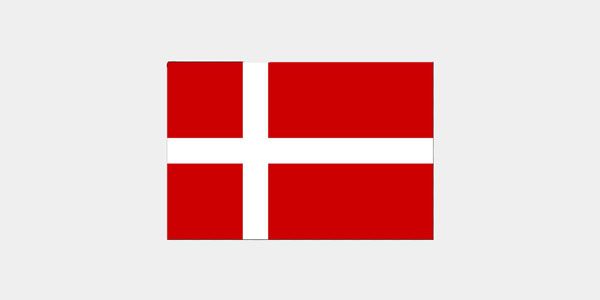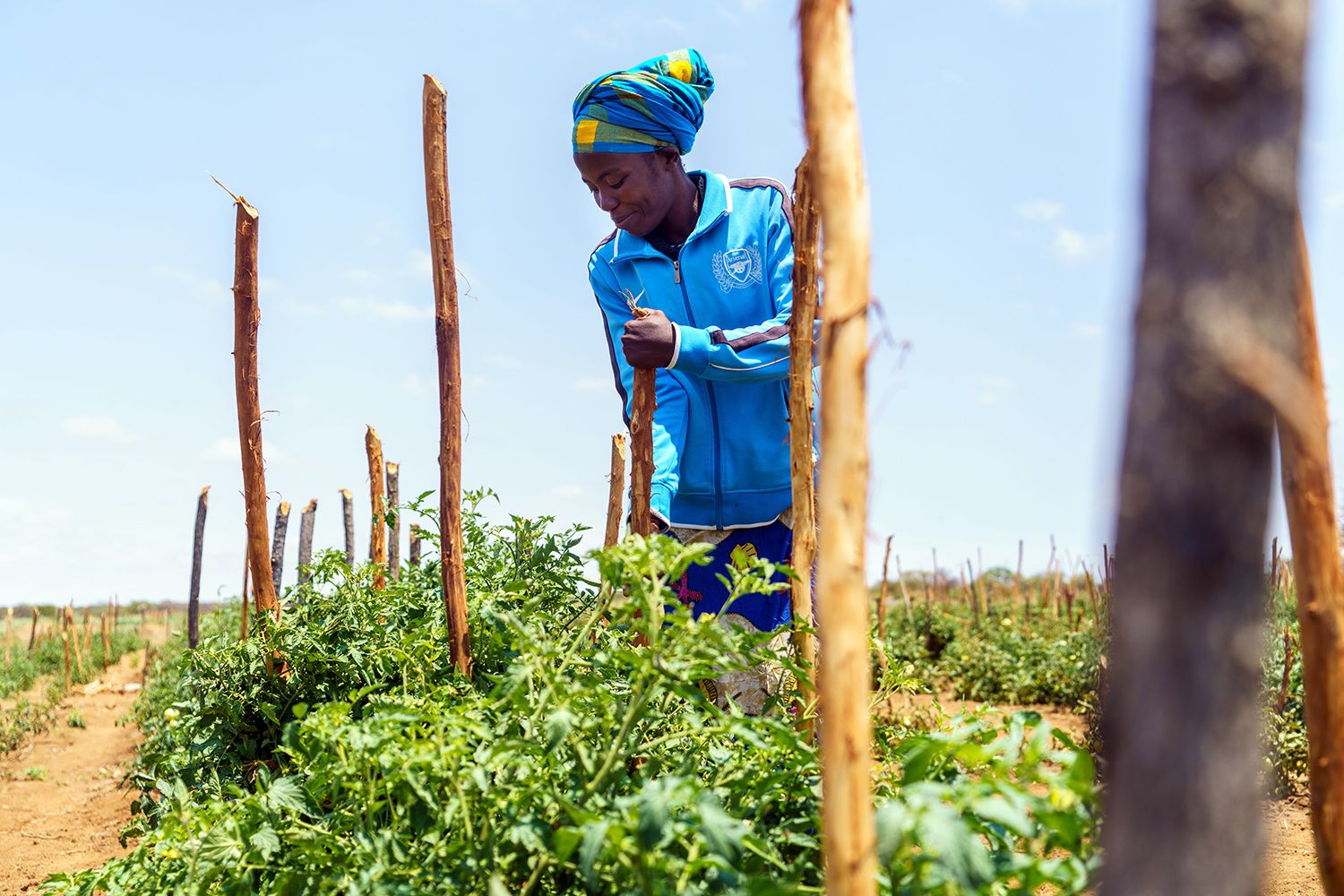The Issue
The Matabeleland region in Southern Zimbabwe has insufficient rainfall, drought and limited access to resources and markets. Farmers are limited by inadequate water supply in the production of nutritional foods to meet basic dietary requirements, especially women, who carry the burden of care to ensure children are healthy, and receiving proper nutrition.
The Project
DanChurchAid Zimbabwe with the support of Danish private and major donors, has been supporting eight village gardens in Matabeleland North and South, by drilling six solarized boreholes, and facilitating knowledge transfer, on adaptive gardening practices.
The gardens seek to improve productivity, profitability, and help farmers adapt to the negative effects of climate change. Solarized boreholes have ensured the success of these community gardens in addition to fencing which keeps animals out of the garden, as well as delivery of seeds to community. Business training has bolstered incomes and access of new markets.
The Villages project supported horticultural activities, poultry farming and piggery, reaching out to at least 135 farmers from farmer groups in Lupane, Insiza and Matobo districts, promoting agroecology and use of organic pesticides and fertilizers from poultry and piggery manure for horticulture. The project also ensures that women are supported and empowered as the primary recipients of assistance.
The Change
Farmers were aggrieved with the losses they incurred through manual threshing of their crops, especially small grains like millet. Threshing is the process of loosening the edible part of grain from the stork, largely done by women.

Those grievances were effectively reduced to tears of joy when the DCA led Sizimele consortium delivered a brand-new thresher to Mbuso village. Who knew that a simple diesel powered knee-high machine would be such a game changer in the lives of Mbuso village farmers.
The ZRBF-Sizimele managed village project, supporting 7 villages, with the generous contributions of Danish corporate partners and major donors has farmers singing with hope, across Matabeleland.
Under the Villages project, women are the main participants in Income Generation Activities and have been empowered to generate income and contribute towards their households’ food security through the realized income and yield from their agricultural activities.
The Results
In total the project has achieved drilling of four boreholes and solarisation of six boreholes to support the establishment of five gardens, three poultry projects, one thresher, goat breeding, piggery and two mushroom hubs, contributing to increased incomes for supported communities.
Partners
- Sizimele Consortium
- ORAP
- Pro Africa
- Institute for Rural Technology (IRT)
About the project
- Full title: Villages Project
- Period: February 2021- December 2023
- Partner: Sizimele, ORAP, Pro Africa and Institute for Rural Technology (IRT)
- Amount: DKK 1,359,275.77
- DCA Strategy Theme: Build Resilient Communities
- Number of people reached: 1609
- Donor: Danish Private Donors


